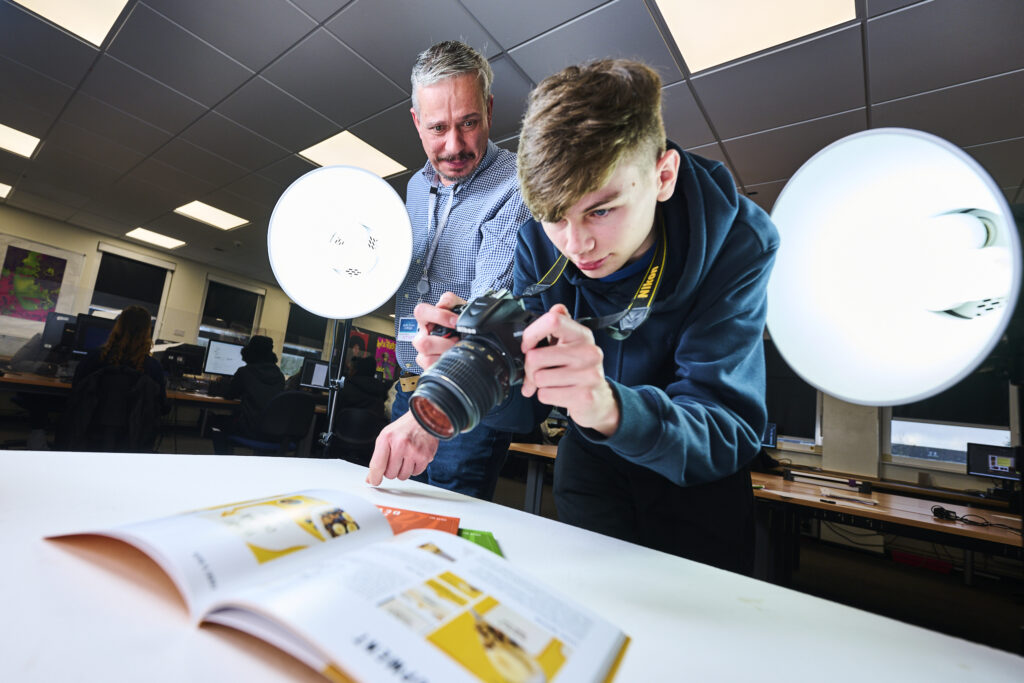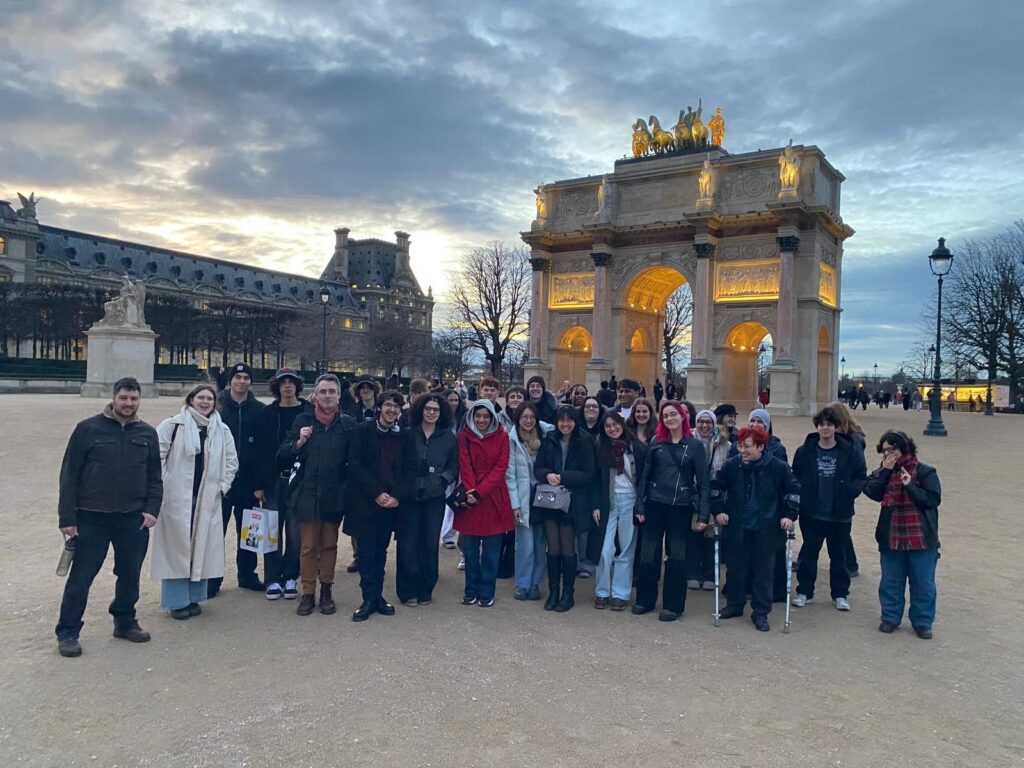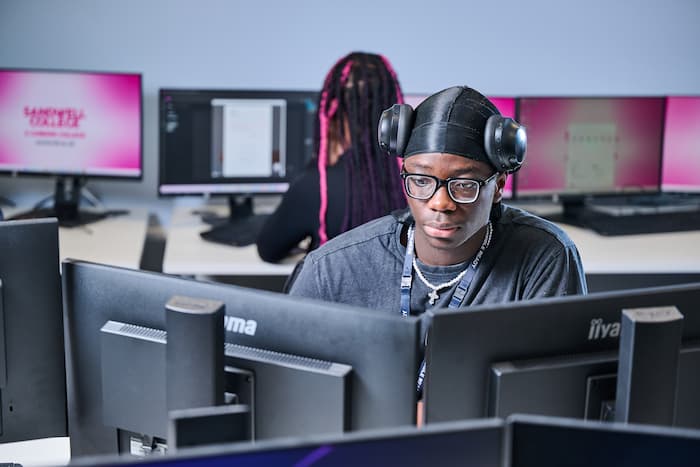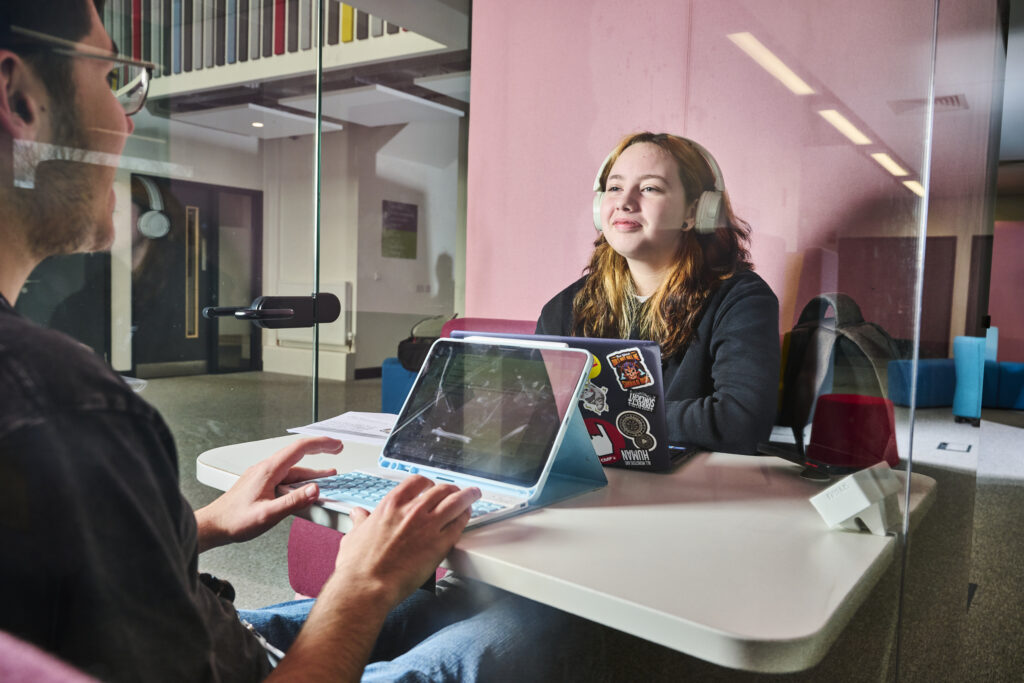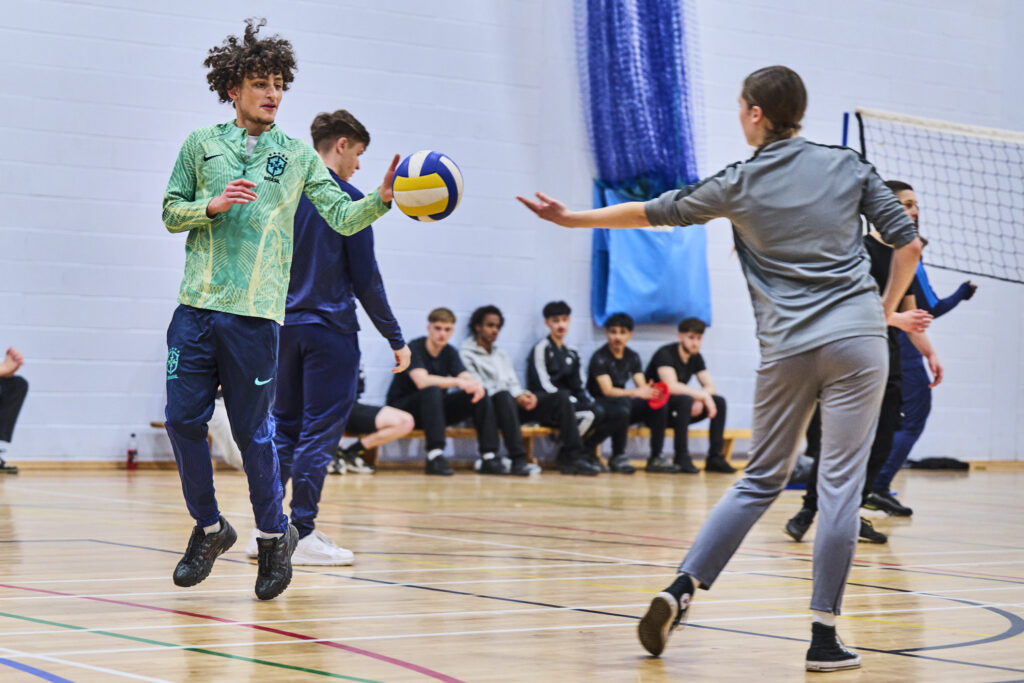A Level Photography is ideal for creative, curious, and visually minded students who enjoy exploring ideas, telling stories through images, and using digital technology. Whether you’re aiming for a career in art, design, media, or simply want to balance your academic studies with a creative subject, this course gives you the chance to experiment, reflect, and express your perspective on the world.
Photography supports a wide range of interests—from visual arts and fashion to social commentary, psychology, or digital media. You’ll learn key technical skills like camera work, lighting, and editing, while also developing your own creative voice and critical thinking.
This Photography A Level course works well alongside subjects like Art & Design, Media Studies, English Literature, Psychology, Sociology, History, Computer Science, or the sciences—offering a flexible, enriching option for a wide variety of academic and career pathways.
You will experiment with both digital and analogue photography techniques including lighting, camera skills and digital manipulation.
Facilities:
Our excellent facilities include three teaching rooms:
- A fully featured digital focused classroom including full suites of computers and digital cameras with Adobe apps free for all students to use at home.
- A well equipped digital studio including an infinity cove and professional quality flash lighting.
- A full analogue darkroom with supplies for many alternative printing techniques

